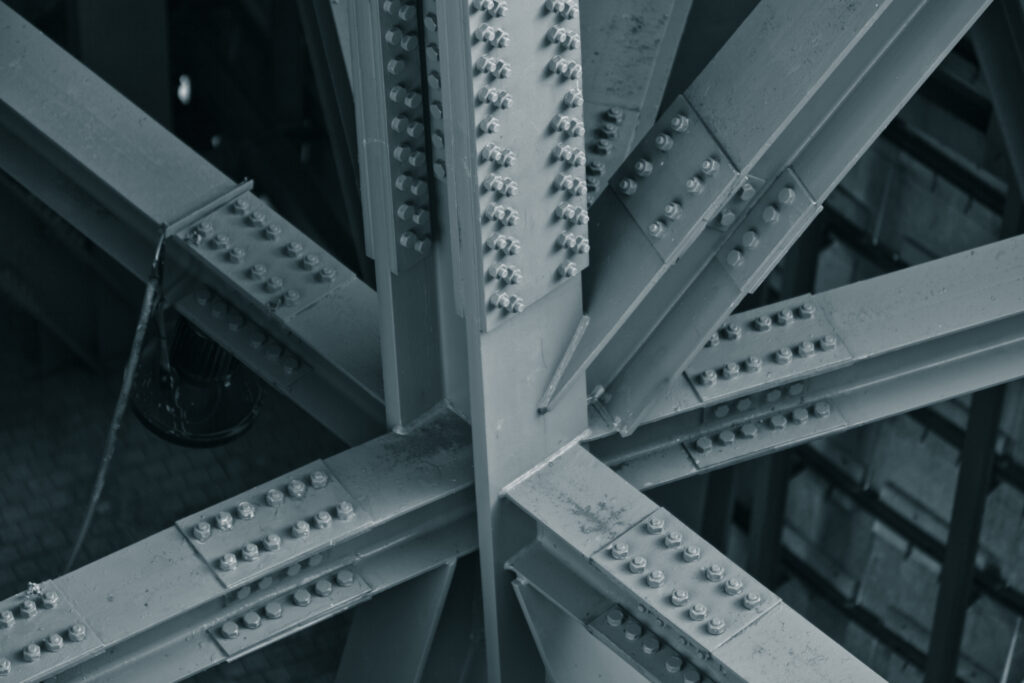Stocking up: more corporates prep M&A equity financing following Campari, Pennon
A hoped resurgence in EMEA M&A dealmaking may be reliant on alternative sources of financing given higher headline rates, but early signs in January suggest shareholders are willing and ready to back transformational acquisitions.
A EUR 722m follow-on, combined with a EUR 550m convertible bond, for Davide Campari-Milano NV [BIT: CPR] and a GBP 173m equity raise by Pennon Group [LON: PNN] marked a strong start to the European primary calendar.
Pennon also placed GBP 7m shares with retail investors through a placement on PrimaryBid.
Primary raises for M&A are a trend that bankers have been predicting almost since the start of 2022, when interest rates began to rise globally, although a glut of pandemic-era debt financing bolstered companies with enough cash to get by without dilutive issuance.
Acquisition flows slowed down in 2023, with global M&A volumes falling 23% YoY to just USD 2.9tn in 2023, as higher interest rates blocked financing and inflation suppressed acquisitive appetite. The global number of M&A deals in 2023 fell to 34,159, the lowest level since 2005. In EMEA, there were just 13,081 transactions worth USD 676bn, down 35% from 2022.
The market is focused on righting that course, but with corporate debt costs high and interest rates likely to remain elevated for some time, companies may need to look outside traditional debt markets for financing.
Last week gave us a glance at the sort of financing that can be achieved in equity markets.
Fast out the gates
A pair of deals isn’t quite a trend yet, but two such sizeable equity M&A packages priced early in the year suggest advisors are urging clients towards deals. “It is very interesting that the two benchmark deals to open the European market are financing named M&A,” said an advisor close to Campari. “Looking at our own data set of deals, these sorts of transactions are the ones that get most investor engagement by far.”
EMEA equity financing for M&A reached a peak during the boom years of 2021, before dropping off a metaphorical cliff in 2022 and 2023.
Investors are still not bullish enough to give issuers funds for generic acquisition scouting, like they often were in 2021, but named M&A is a different story.
“There will be more primary activity along the lines of Campari,” said an ECM banker. “People will not welcome you with a blank cheque, but they will welcome well-defined business plans and objectives such as acquisitions.”
An advisor close to Pennon, which is using deal proceeds to finance the purchase of Sumisho Osaka Gas Water UK Limited (SOGWUK), noted that his firm had several other M&A raises in the works for the first half of 2024.
These are likely to initially take the form of accelerated deals, like Pennon and Campari, and then possibly rights issues later in the year.
“This is a theme that has been coming for a while and we hear it isn’t just our own pipe; there is more of it to come which is great because the market loves them,” he added.
The only source of complaints by ECM investors when it comes to M&A-earmarked primary raises is that they often don’t get enough share allocation if they are not existing holders, said the advisor.
Campari and Pennon saw most shares allocated to existing investors, according to the advisors close to the transactions.
The largest institutional shareholders in Campari, as of the end of 3Q 2023, were Morgan Stanley, TIAA, BlackRock, and Ameriprise Financial, according to Dealogic Institutional Analytics. Pennon’s largest shareholders as of the same date were Lazard, BlackRock, Impax Asset Management and Credit Agricole.
Pennon Group said: “We were pleased with the participation levels and overall results of the raise. The quality of the investor demand and book that came in was clear with the GBP 180m raise.
“We were delighted to see most of our biggest existing shareholders including: WaterShare+ shareholders, retail investors, and employees alike take part in this latest raise.”
Get me a Happy Meal
Campari’s proceeds will be used to fund the acquisition of Courvoisier, the historical cognac brand, from Beam Suntory. Combining a straight equity follow-on with convertible debt used to be whimsically termed by ECM practitioners as a “happy meal”, with the convertible bond serving the role of the bonus toy that accompanies a McDonald’s children’s supper.
But, as in the case of Campari, it can prove a powerful tool for issuers to access more capital without suffering too large a discount.
“We could have done the whole deal with equity, but it would have come at a far wider discount,” said the Campari advisor, adding that the additional convertible bond was a smart move from a corporate finance perspective.
“The convertible bond product offers real compelling value compared with straight debt and is a good diversification of funding; the CB is not just additive but a true diversification in terms of a different investor base as well.”
A second advisor said that Campari was determined to finance the acquisition through the public markets and that it was advised it could do a happy-meal package and get strong terms, even as a debut issuer, because of the hook of the Courvoisier deal.
A CB investor confirmed he was a big fan of the Campari issue and was pleased it had opened the European convertible market for 2024.
Both Campari advisors pointed out that other corporates with enough name recognition could issue their own happy meals for the benefit of their balance sheet and to keep equity discounts lower.
Despite interest rates clouding the outlook for M&A debt financing, those that have the option of an equity fundraising package are in better shape. The door is open for the right investor calls.
Pennon and Campari did not respond to requests for comment by the time of publication.
[Editor’s note: The article has been updated post-publication to include a comment from Pennon.]












